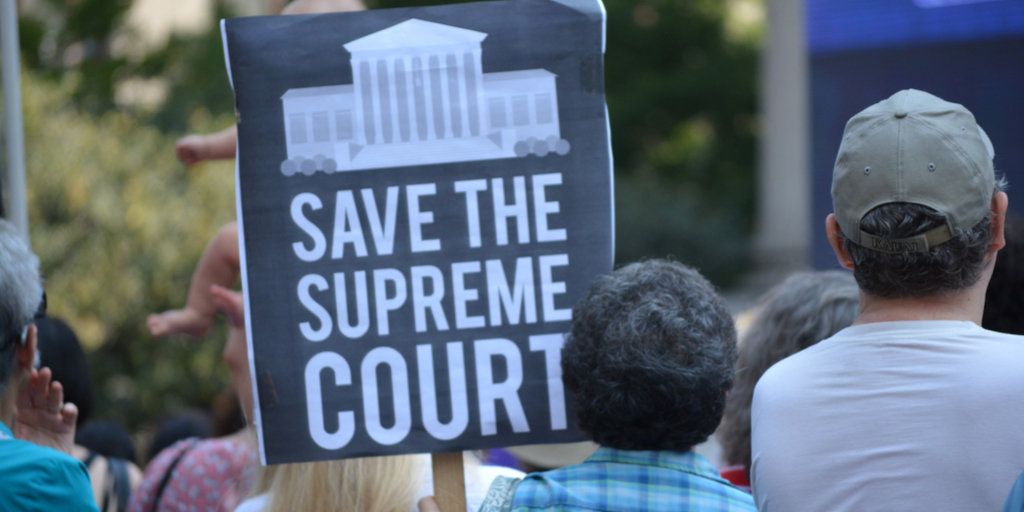The Hysteria about the New Roberts Court
Now that Justice Kavanaugh is confirmed we can expect a spate of articles saying that a new conservative majority on the Supreme Court will cause the sky to fall. These articles will inevitably contain a mixture of three propositions, applied in different proportions as cases come before the Court. First, they will state that the previous law is more settled and more to the liking of left liberals than it really is. Second, they will wrongly argue that the Roberts Court will make sweeping rather than incremental changes to the law. Third, they will claim without providing substantial evidence that the prior law was necessary to preventing chaos or protecting the essence of justice.
Eric Posner engages in all of these soon-to-be common tropes in his New York Times op-ed warning of what the Roberts Court will now do to the administrative state. First, he misrepresents prior law in asserting that Chevron just codified settled law about deference to agencies. He is wrong. Prior to Chevron, courts decided whether to defer on a case by case basis depending on whether there were indications that the agency’s expertise was relevant. Chevron changed the law to a blanket rule of deference to any reasonable formal agency interpretation of the statute they were charged with implementing. And the Court has already cut back on Chevron by holding that courts should not defer when “major questions” are at issue—ones that Congress was more likely to decide than give over to agency expertise.
Second, Posner exaggerates the changes that the Court is likely to make. It is true, as he notes, that the Court recently heard a case about delegation of administrative power. The question at issue is whether Congress can punt to the Attorney General the decision to make sex offender designations retroactively apply to crimes before the statute was passed. The Court may well invalidate this delegation, but one can be sure that that the Court will not impugn all delegations. For instance, it might say that Congress cannot delegate such a basic question as retroactivity, thus linking up its new Chevron jurisprudence with its delegation jurisprudence, suggesting that it is up to Congress to make the fundamental decisions about the shape of a law.
Originalists may not be happy with this kind of balancing approach, but that kind of objection is emphatically not open to Posner who famously detests originalism. Creating rules like the major question doctrine are in fact the kind of pragmatic decisionmaking he extols in other contexts, in this case weighing the costs to accountability and liberty versus administrative flexibility.
And this brings us to the third trope that Posner also offers—that it will be a disaster if the Court modifies administrative law by curtailing delegation and deference to agencies. But Posner never shows us why having courts rather than agencies decide questions of law or why requiring Congress to make some fundamental decisions about regulation will lead to chaos.
Indeed, Posner here is failing to follow his own jurisprudential principles of keeping the law up with the times. Partisanship is eating away at America. And it is likely that a jurisprudence that forces Congress to makes some basic compromises can tamp down on partisanship. In the current world, as both Mike Rappaport and I have noted, leaving central issues of governance to administrative agencies reduces incentives for compromise and makes policies lurch to partisan extremes, as Presidents of both parties make radically divergent decisions by administrative fiat. Cutting back on delegation can improve the health of the republic by reducing the stakes of controlling the administrative state.



